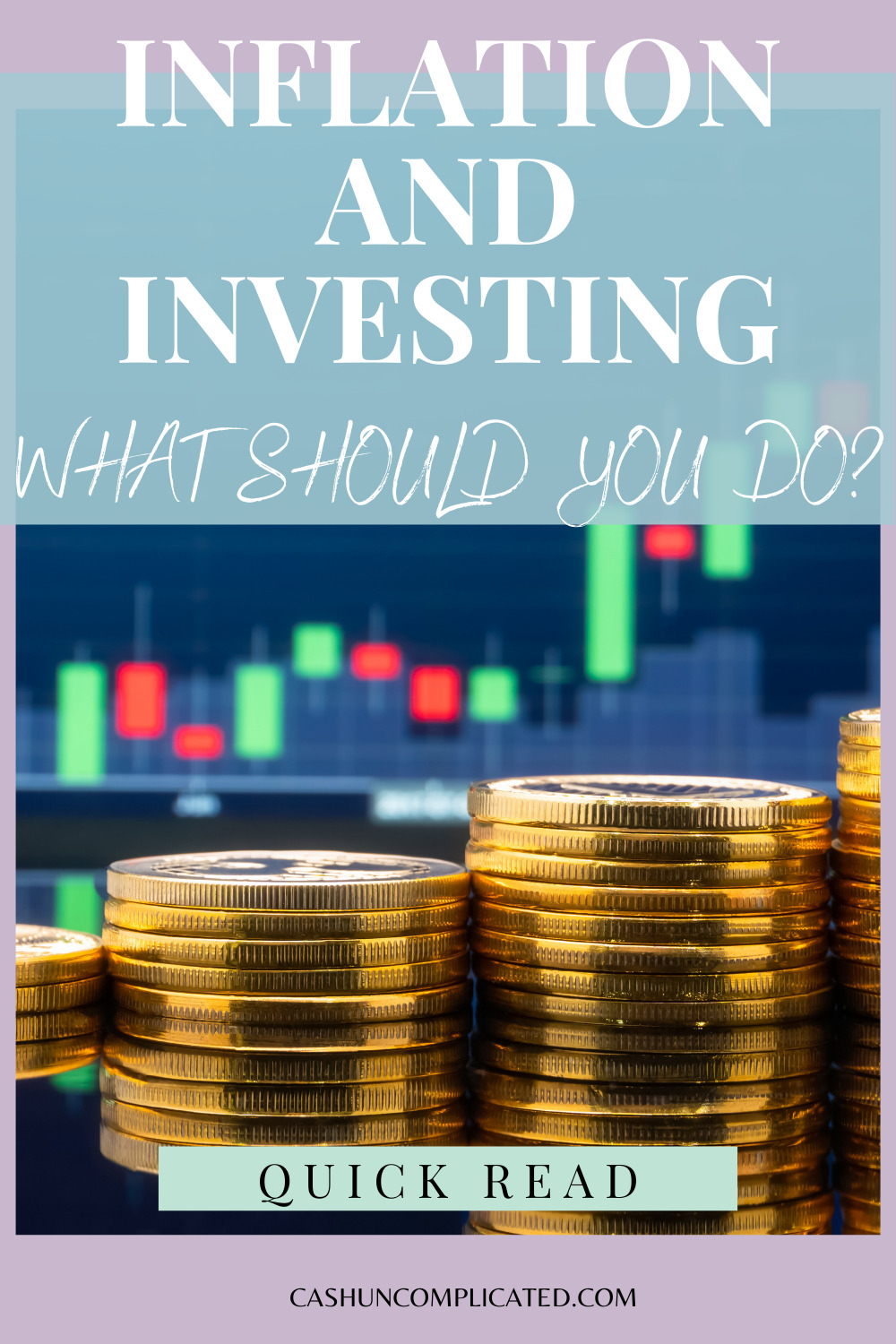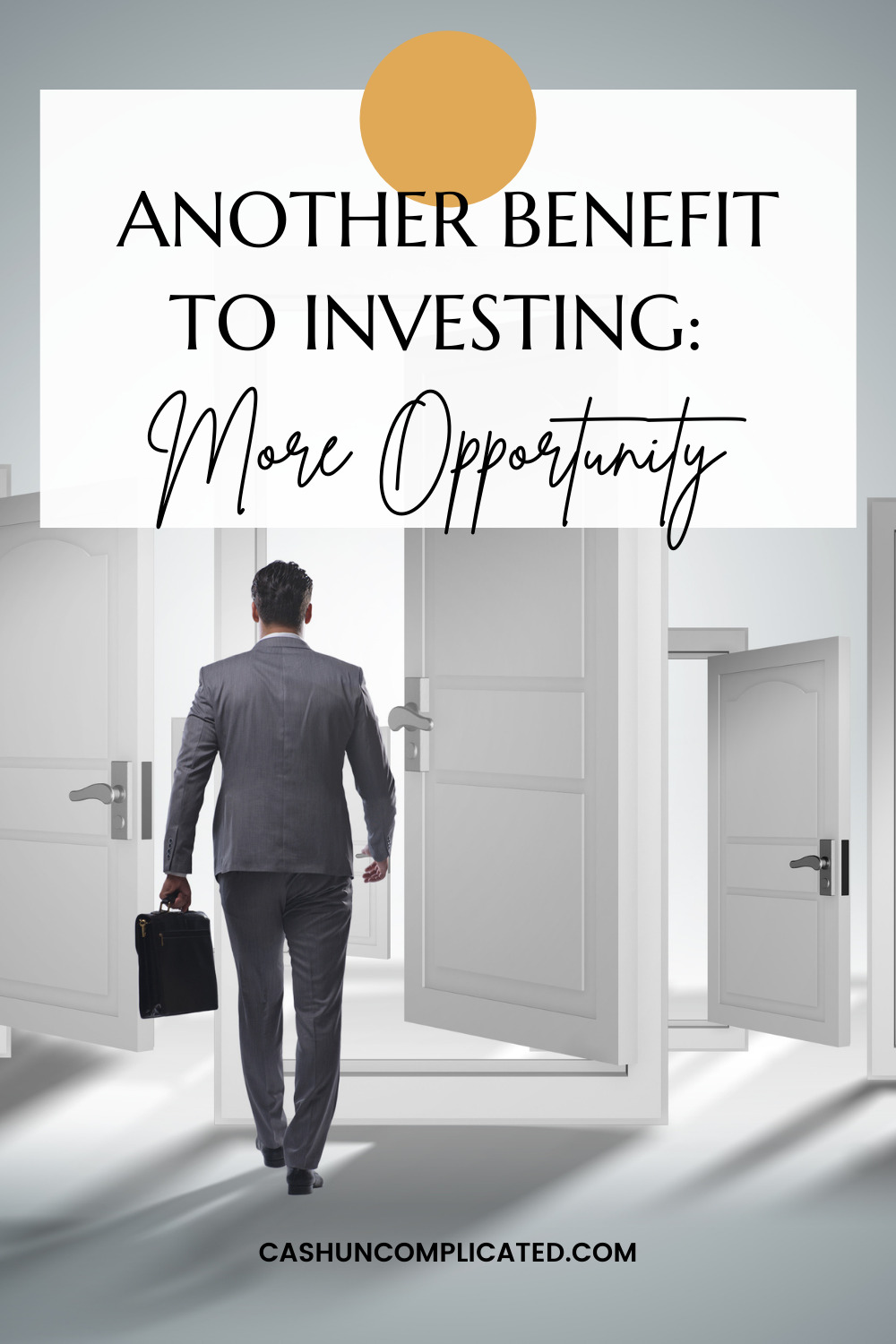Should you pay off debt or invest? There are so many answers out there—it’s confusing. One financial expert says to pay off all debt first, while another says invest before anything else. Your parents both think you should pay off debt before doing anything, while your aunt says you have to start investing young. And your Uncle Bob says to forget it all and just spend your money on vacations and fast cars.
So who to believe? Pay off debt first, invest, or just go the Uncle Bob route and forget it all? Much like other areas of life, the answer to personal finance questions are rarely black and white. And it’s rarely one or the other.
Pay off debt or invest is really a trick question. Both can be done at the same time.
There’s also a lot of “it depends” in this equation. There are many factors to consider: amount of debt, interest rate on debt, minimum payments, investment opportunities, and monthly income. This is just a short list, there are often several other factors at play.
I firmly believe that you should pay yourself first. Even if it’s only a few dollars every month. Paying yourself first develops the “muscle” of consciously making a payment to yourself first, which is the formation of an essential lifetime financial habit. Amounts of those payments will increase over time; in the beginning it’s important to get the muscle working.
How much to invest versus how much debt to pay off is really the question. I personally believe people should aggressively pay off “bad debt.” Credit cards, store credit, and car payments are all examples of bad debt. These debts are normally used to purchase consumer goods and typically carry high interest rates.
I like the “snowball” method of paying off debt popularized by Dave Ramsey. His book, The Total Money Makeover is a great resource on paying off debt.
With the snowball method, you will begin to aggressively attack your smallest debt. Let’s use an example of someone making $3,000 per month after taxes, we’ll call him Don. Suppose Don lives with a roommate in a two-bedroom apartment with his share of the monthly rent being $1,000.
Food, essential living expenses, and a little money for entertainment is another $1,400. That leaves $600 left over.
Don also has the following debts:
- $2,200 credit card, 18% interest, $88/month minimum payment
- $600 store credit, 16% interest, $24/month minimum payment
- $800 store credit hardware store, 17% interest, $32/month minimum payment
Combining the two strategies of paying himself first, and using the debt snowball will look like this for Don:
- Save $100 in an emergency account
- Invest $50
- Minimum payment of $88 towards credit card
- Minimum payment of $32 towards $800 store credit hardware store
- $330 towards $600 store credit
Notice a few things about our fictitious friend Don. First of all, he paid himself first. He put $100 into an emergency account and invested $50. Secondly, Don aggressively put the remaining money into the smallest debt. In a couple of months, he’ll have that debt paid off and eliminated.
After Don’s smallest debt is eliminated, he’ll put the $330 he used to pay off the $600 store credit into the next smallest debt. In this case, that is the $800 store credit for the hardware store. Don will combine the minimum of $32 he used to contribute with the $330 he used to aggressively pay off the store credit for a total of $352.
In a few months, Don will have the hardware store debt paid off and can move on to paying off the credit card, his last and biggest debt. All the while he is continuing to pay himself first.
As you can see from Don’s example, it’s possible to pay off debt and invest at the same time. They are not mutually exclusive like many would have you believe.
Being successful with your personal finances is about creating healthy habits. Creating a system to invest and pay off debt at the same time is a healthy and sustainable financial habit. It just takes a little bit of planning and consistent execution.
Do you pay off debt or invest first? Or both at the same time?








